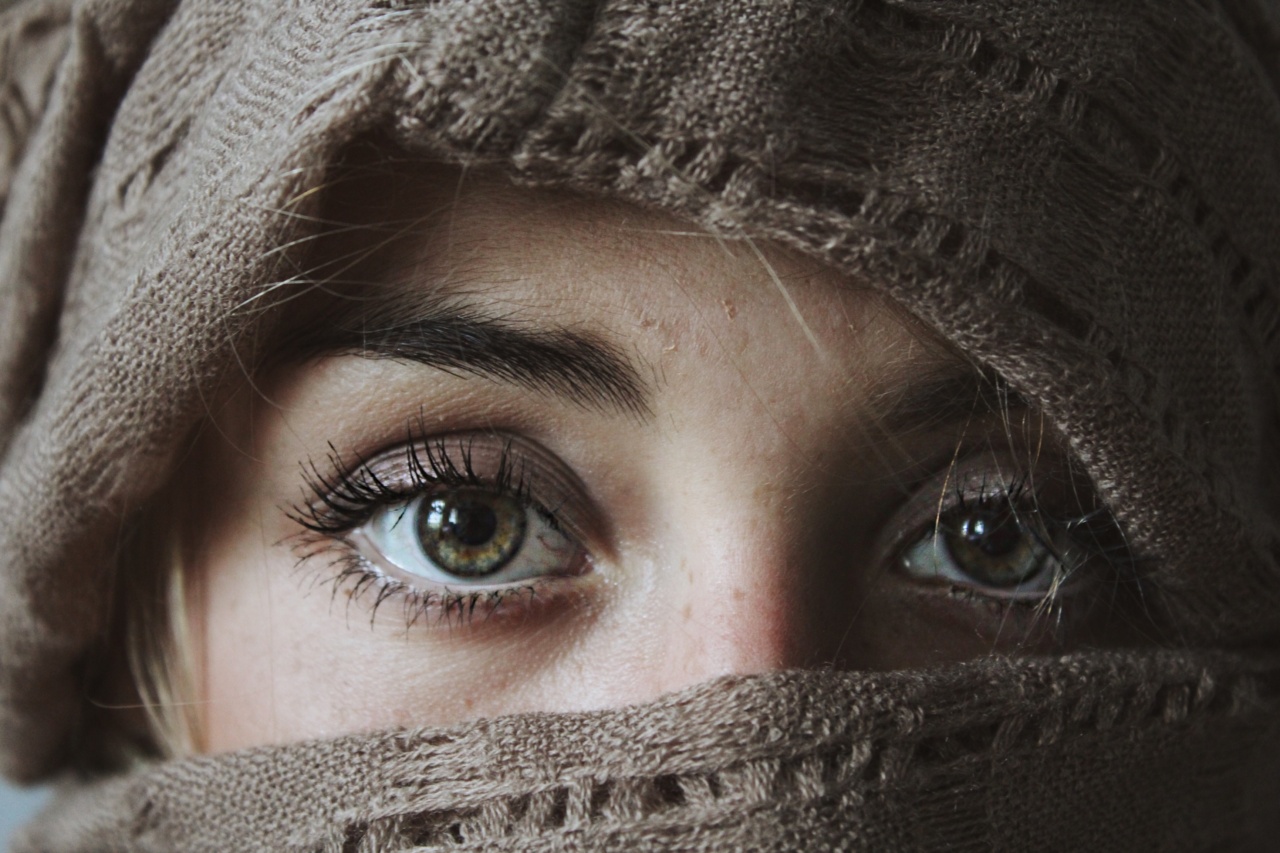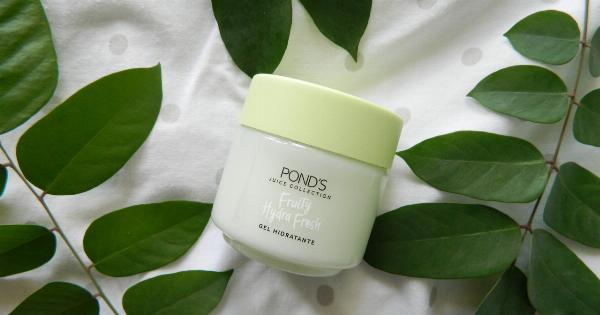Retinol, also known as vitamin A1, is a powerful ingredient commonly found in skincare products. It belongs to a class of compounds called retinoids, which are derived from vitamin A.
How Does Retinol Benefit Your Skin?
Retinol offers numerous benefits for your skin, making it a favorite among skincare enthusiasts and dermatologists alike. Here are some of the ways retinol can improve your skin health:.
1. Stimulates Collagen Production
As we age, collagen production decreases, leading to the formation of wrinkles and fine lines. Retinol activates the production of collagen, which helps to improve skin elasticity and firmness.
2. Reduces the Appearance of Wrinkles and Fine Lines
Retinol has been proven effective in reducing the appearance of wrinkles and fine lines. It smooths out the skin’s texture and promotes a more youthful appearance.
3. Evens Out Skin Tone
If you struggle with uneven skin tone, retinol can be a game-changer. It helps to fade dark spots and hyperpigmentation, leaving you with a more even complexion.
4. Minimizes Pores
Large pores can be a cosmetic concern for many individuals. Retinol helps to tighten the skin, minimizing the appearance of pores and giving your complexion a smoother look.
5. Fights Acne
Retinol is highly effective in fighting acne. It unclogs pores, reduces inflammation, and regulates oil production, making it an essential ingredient for those with acne-prone skin.
6. Improves Skin Texture
Regular use of retinol can lead to a significant improvement in the overall texture of your skin. It smooths out rough patches, softens the skin, and enhances its overall radiance.
7. Enhances Cell Turnover
Retinol promotes the process of cell turnover, which refers to the shedding of dead skin cells and the generation of new ones. This helps to reveal a fresh layer of skin and improves its overall appearance.
8. Boosts Hydration
Retinol helps to improve the skin’s ability to retain moisture, making it an excellent ingredient for those with dry or dehydrated skin. It enhances hydration levels, giving the skin a plump and supple look.
9. Protects Against Environmental Damage
Retinol acts as an antioxidant, protecting the skin against environmental damage caused by free radicals. It helps to neutralize these harmful molecules and minimize their negative effects.
10. Fades Scars
Whether you have acne scars or scars from previous injuries, retinol can help fade their appearance over time. It stimulates cell turnover, which helps to fade scars and promotes a more even skin tone.
How to Incorporate Retinol into Your Skincare Routine
Introducing retinol into your skincare routine requires careful consideration. Here are some tips to help you effectively incorporate retinol into your daily regimen:.
1. Start Slowly
Retinol can be potent, especially for those with sensitive skin. Start by using a low concentration retinol product once or twice a week to allow your skin to adjust gradually.
2. Patch Test
Before applying retinol all over your face, it is essential to conduct a patch test. Apply a small amount of the product on a small area of your skin and observe for any adverse reactions.
3. Apply at Night
Retinol can make your skin more sensitive to sunlight. Therefore, it is best to apply retinol-based products at night to minimize exposure to UV rays.
4. Moisturize and Protect
Since retinol can be drying, it is crucial to moisturize your skin adequately after applying retinol. Additionally, always wear sunscreen during the day to protect your skin from sun damage.
5. Avoid Overuse
Using too much retinol or applying it too frequently can lead to skin irritation and redness. Follow the instructions on the product packaging and consult with a dermatologist if needed.
The Bottom Line
Retinol is indeed a fountain of youth for your skin. With its multitude of benefits, this powerhouse ingredient can help you achieve healthier, younger-looking skin.
Remember to introduce retinol gradually into your skincare routine and consult with a dermatologist if you have any concerns.




























